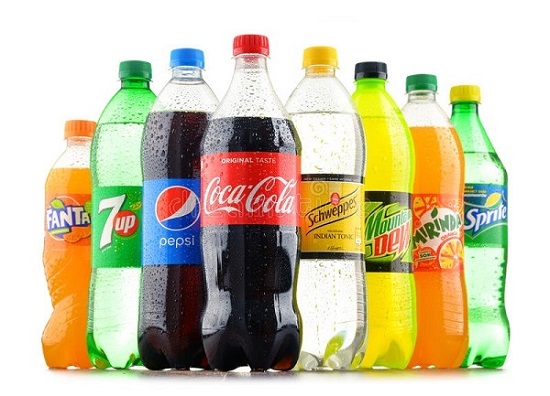
The National Action on Sugar Reduction Coalition (NASR) is pushing for a higher tax on sugar-sweetened beverages (SSBs) to align with global standards and bolster the Nigerian healthcare system.
President of the Nigeria Cancer Society (NCS) and co-chair of NASR, Dr. Adamu Umar highlighted the importance of imposing a 20 per cent tax hike on SSBs. The additional revenue generated would be earmarked to alleviate the impact of non-communicable diseases (NCDs) on the healthcare sector.
“NCDs, responsible for 30 per cent of deaths in Nigeria, pose a significant economic burden. The excessive consumption of SSBs leads to expensive treatments, loss of income and decreased productivity, pushing many individuals into poverty and impeding national progress,” he emphasised.
Umar stressed the urgent necessity of this policy adjustment, asserting, “There are substantial gaps in health financing. In Nigeria, the underprivileged and marginalized communities struggle to afford the high costs associated with managing NCDs, yet they often rely on SSBs for sustenance.”
The coalition argues that higher SSB taxes would yield benefits for both public health and the economy. Implementing a tax rate that raises the price of sugary beverages by at least 20 per cent of the final retail price is deemed essential to significantly curb consumption and enhance public health outcomes.
Currently, Nigeria’s excise tax on sweetened beverages falls below the World Health Organization’s recommended standards for achieving a substantial health impact, he noted.
NASR’s objective is to relieve the strain on healthcare systems and improve the overall well-being of Nigerian citizens.
Experts cited by Science Nigeria emphasize that sugary drinks significantly contribute to obesity, diabetes, and dental issues. The excessive intake of sugar, particularly from sugary drinks, escalates these health risks significantly.
Given the prevalent food landscape, it is effortless to surpass recommended sugar intake levels. Sugary drinks stand out as a primary source of dietary sugar, with consumption on the rise, especially among young individuals.
On average, a single can of sugary beverage contains approximately 40 grammes of free sugars, equivalent to about 10 teaspoons of table sugar.
The WHO guidelines advocate reducing free sugar intake to less than 10 per cent of daily energy intake to combat obesity and dental problems, roughly translating to 12 teaspoons of table sugar for adults. For added health benefits, the guidelines suggest further reducing intake to below 5 per cent of daily energy intake, equivalent to around six teaspoons of table sugar for adults.

